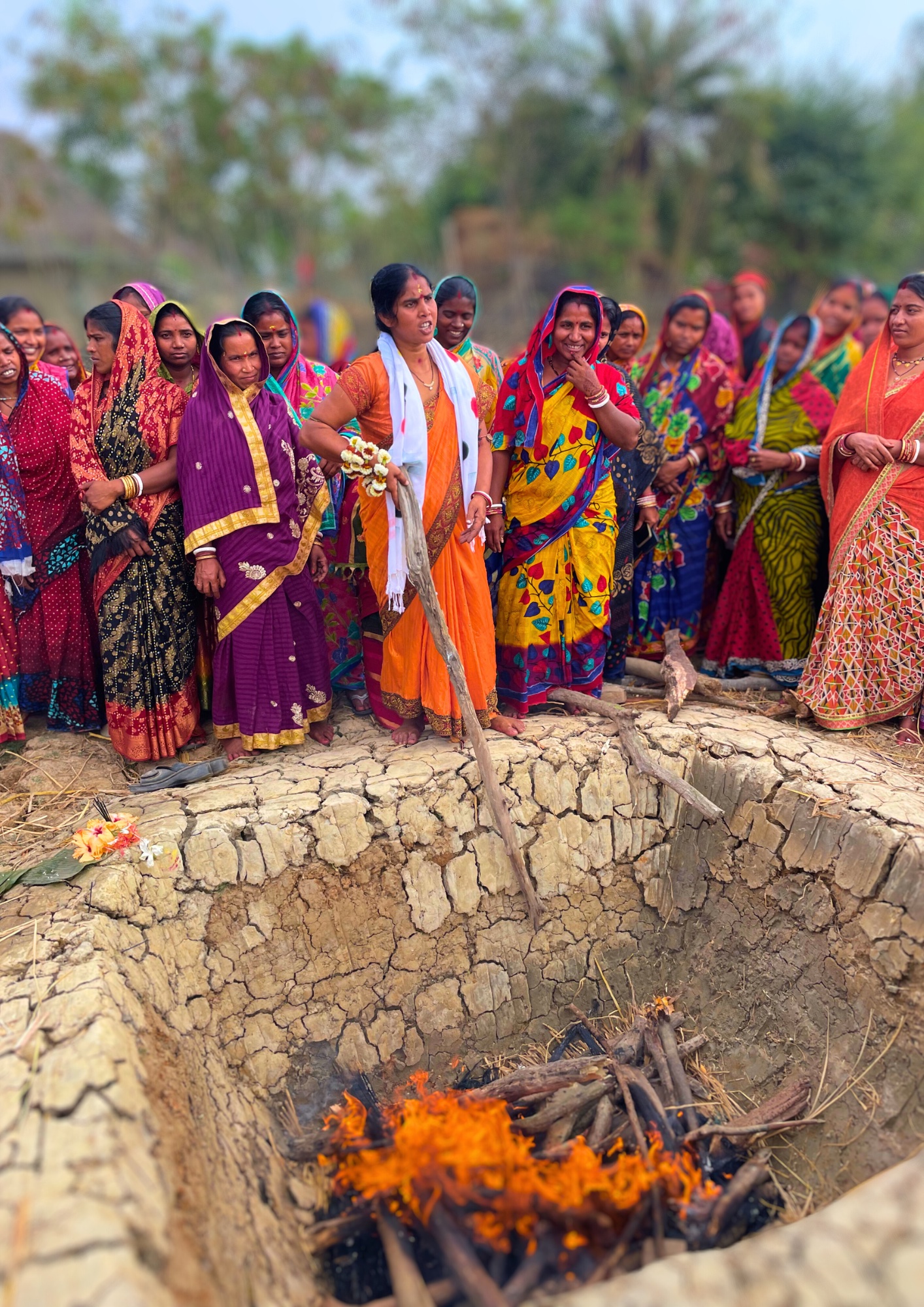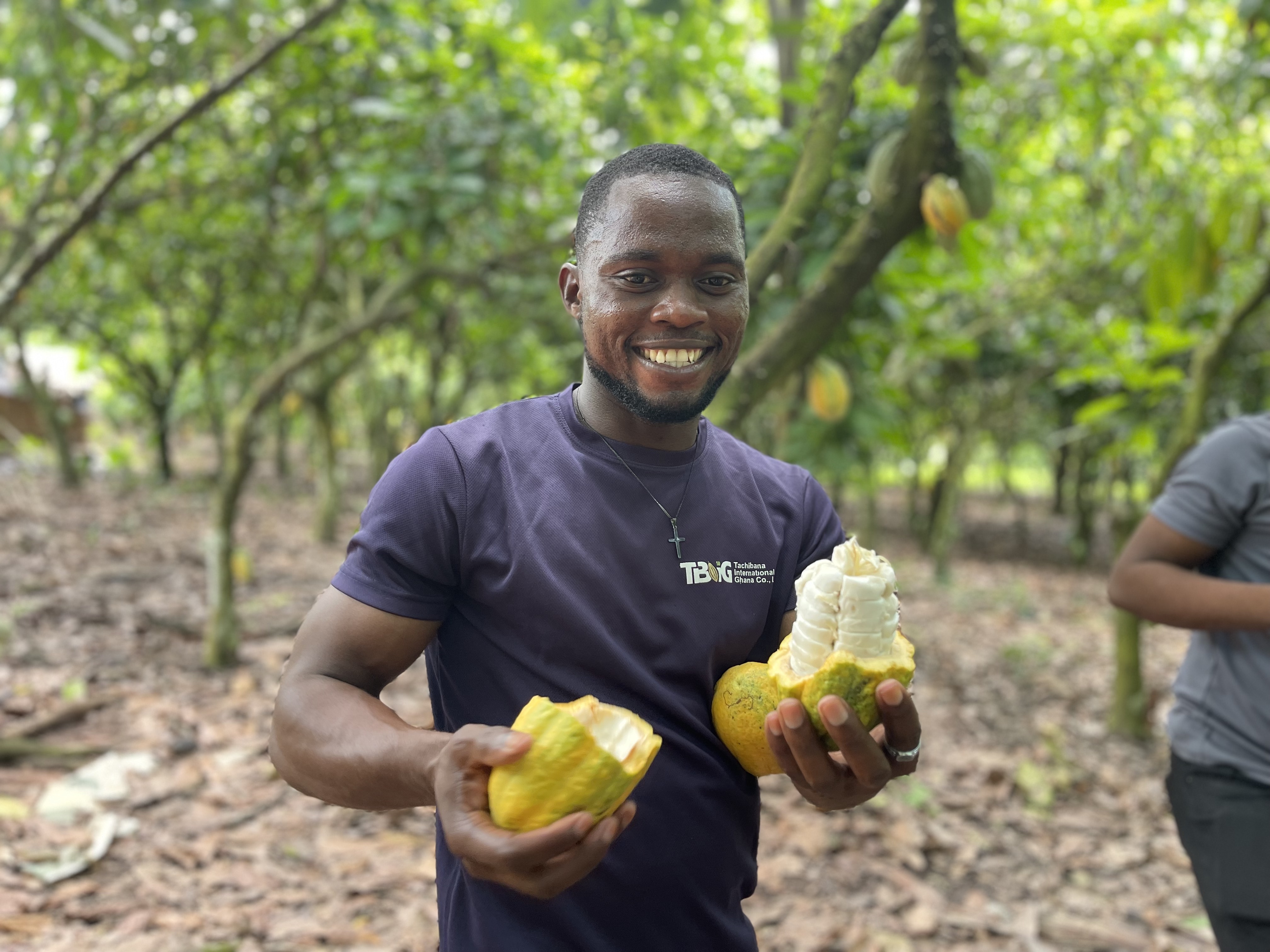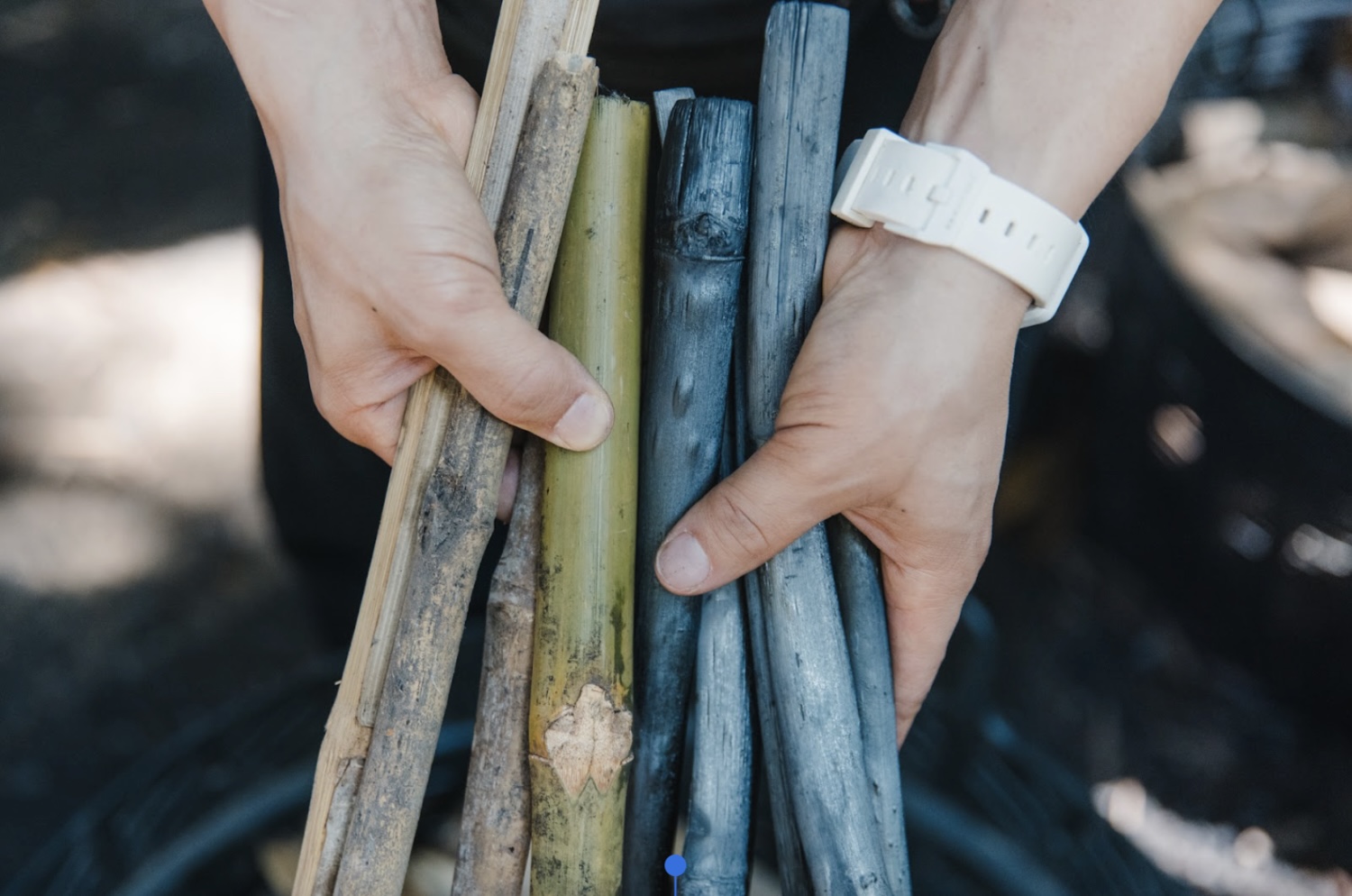Carboneers India Biochar
Biochar
Biomass
プロジェクト概要
Together with our local implementation partners and smallholder farmer communities, Carboneers develops decentralized biochar projects with the aim to provide in much needed carbon dioxide removal. In our Indian Carboneers project, we are very proud to work with Rajesh Aggarwal. He has a lot of experience in working agricultural NGOs and farming communities throughout India. Together, we provide farmers with the right training, tools and technology, in order to convert biomass to biochar. Biochar is an inert carbonized material that is a stable carbon sink for over a thousand years!And besides being a direct carbon sink, biochar offers great beneficial characteristics in tropical agriculture; it stores nutrients, increasing crop yields; it increases the water holding capacity, aiding in climate adaptivity; and it houses microorganisms, raising the organic carbon content of degraded soils. Combined, we work with 3000 farming communities who convert their agricultural rice straw, corn, fruit tree trimmings, cotton, millet & sorghum stalks to biochar. Every step in the biochar production and application is registered by our supervisors and management team, with a Penn State University provided mobile application. The project is audited by Ceres Cert and certified by Carbon Standards International under the Global Artisan C-Sink Standard. And added together, our Ghanaian Carboneers have the capacity to sequester 75.000 tons of carbon dioxide on a yearly basis!Often, biochar is made with million-dollar installations, but in rural agricultural areas in the Global South, the infrastructure lacks to make this feasible, though there is a lot of agricultural biomass burned uncontrollably and left out for decay. Carboneers specifically focuses on decentralized biochar production the farming communities, where often climate change strikes hardest, profit the most when they produce their own biochar. Farmers profit predominantly from crop yield increase and an additional income, derived from the application of biochar to their soils and the sales of carbon credits.Carbon sequestration is for our projects a portal to open up a lot more socio-economic benefits for these communities. Benefits, that on its own, usually nobody is willing to pay for. With the ability to produce certified biochar, farming communities can escape the vicious circle of poverty and they can mitigate the detrimental effects of climate change to their soils. By providing the right handles to farming communities, decentralized biochar projects in the Global South contribute to a lot of the Sustainable Development Goals. We see this as a win-win-win situation.




